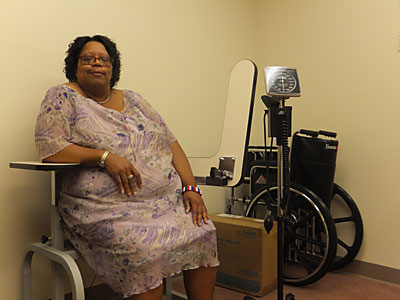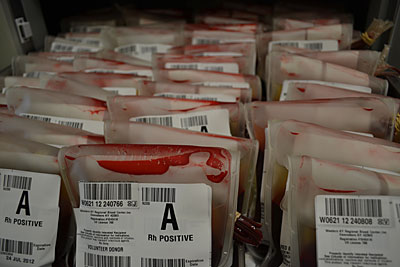Timeline fuzzy for
county’s conversion
By Nick
Tabor, New Era Senior Staff Writer
Just
before Dr. Terry Fuqua closed his internal medicine practice in 2008, he ran
ads in the New Era that encouraged patients to come pick up their medical
records.
Only
about a third of his patients took the offer. So Fuqua destroyed the records
from patients who hadn’t visited in more than five years, and he brought the
remaining 50 to 75 cases home and stored them in his garage.
He
continues shredding records that pass the five-year mark.
He
still has word processor documents with detailed notes from patient visits. But
since his retirement, he estimates that fewer than a dozen former patients have
called him for records.
Fuqua
retired on the cusp of a new era. Technological developments are sweeping
situations like this into the past. One day nearly all patient records,
including those at hospitals and doctors’ offices throughout this area, will
survive the way Fuqua’s notes have: on computer hard drives or in cyberspace.





